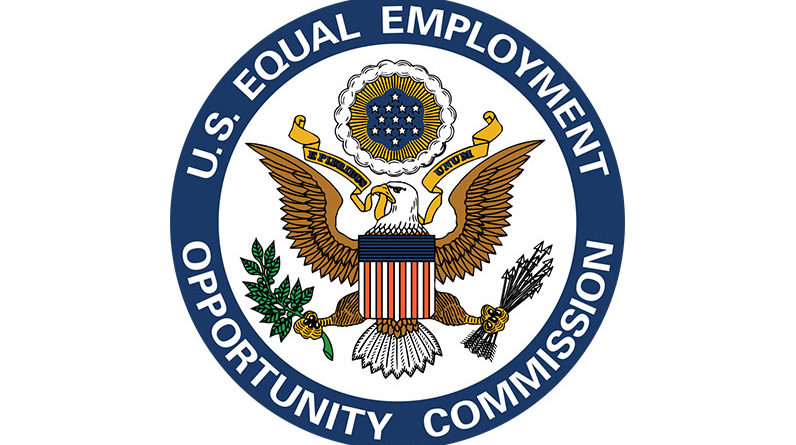Joyvida, LLC, which operates under the name Amada Senior Care and provides personal care services in the Colorado Springs, Denver and Pueblo areas, will pay $250,000 and commit to significant changes in its business practices to end a sexual harassment and retaliation lawsuit brought by the US Equal Employment Opportunity Commission (EEOC). The EEOC filed a complaint against the company in federal district court in Colorado in 2018. The EEOC charged that Amada violated Title VII of the Civil Rights Act of 1964 by failing to respond appropriately after female caregivers reported they were being harassed while working for Amada clients and by retaliating against caregivers who reported such harassment. The EEOC specifically alleged that Amada caregivers who provided senior care services in the home of two Amada clients in 2014 were verbally and physically harassed by the clients’ adult son. According to the Complaint, this harassment included comments about the caregivers’ bodies, non-consensual touching, physically cornering the caregivers, exposing his genitals, and pressing his genitals against them. The EEOC asserted that even after the caregivers reported this harassment to the company’s owner, Ken Jenson, and other managers, the company not only failed to prevent continued harassment, but also retaliated against the employees who had reported it. The retaliation included cutting caregivers’ hours, firing one caregiver, and allowing work conditions so hostile that at least one caregiver was forced to quit, according to the EEOC’s allegations. In addition to the two caregivers originally named in the suit, the agency also sought relief for other women who experienced sexual harassment by Amada’s clients and retaliation by Amada.
Under the three-and-one-half-year consent decree resolving the lawsuit, Amada will pay a total of $250,000 to resolve the EEOC’s claims. The money will be paid to five former Amada employees whom the EEOC identified before and during the lawsuit. The decree also requires Amada to take action to prevent future sexual harassment, discrimination or retaliation. Amada must hire an outside consultant to review and update its sexual harassment and anti-discrimination policies, including policies for responding to complaints of sexual harassment. The company will also provide semi-annual trainings on Title VII and sexual harassment to all employees, and more extensive training to its owner, managers, and human resources staff, including training on how to appropriately investigate and respond to reports of sexual harassment. In addition, Amada must train caregivers on care of clients with Alzheimer’s disease or dementia, including how to respond to inappropriate sexual behavior that may be exhibited by individuals with those conditions.





